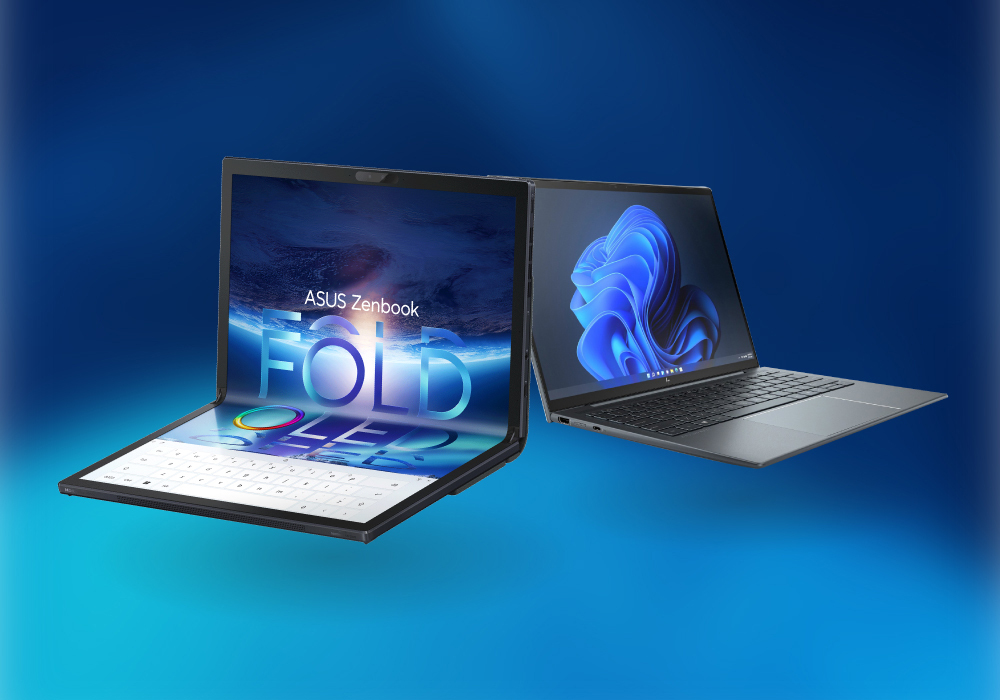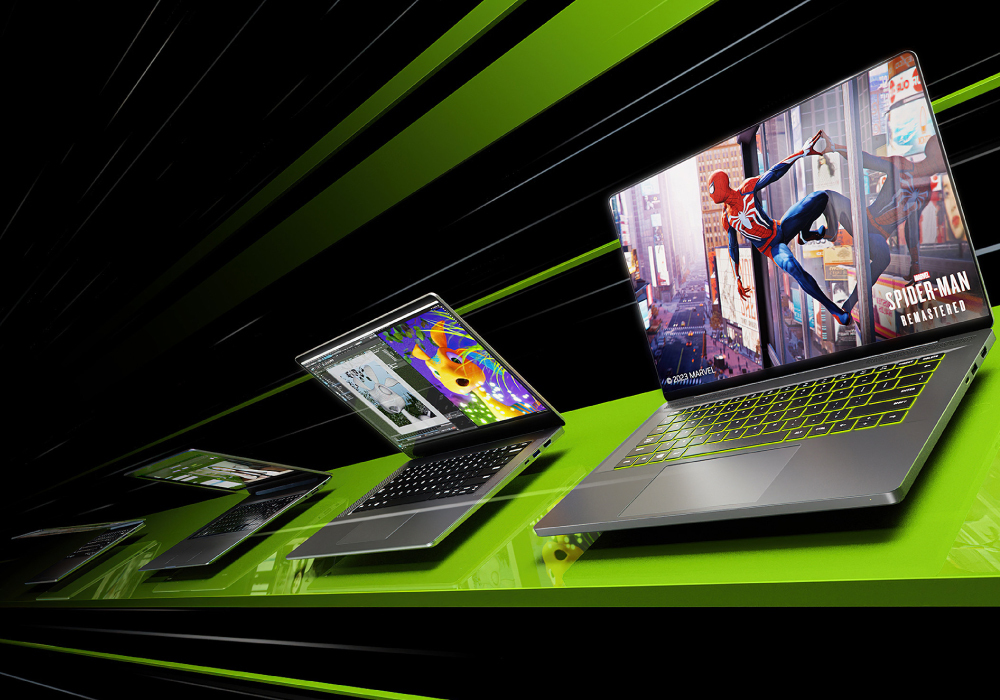How to stop laptop from overheating when playing games?
Gaming laptops are useful for gamers and other heavy users because they are portable. However, they can become extremely hot at times, causing users to become concerned.
Gaming laptops get so hot because they have high-performance processors and dedicated graphics cards, both of which generate a lot of heat when used. Because these components are crammed into such a small chassis, airflow is restricted, causing heat to build up inside the laptop.
It is normal for gaming laptops to get hot, especially when gaming or performing other hardware-intensive tasks such as software compilation, video editing, and so on. As a result, you’re not doing anything wrong.
This, however, does not imply that it is healthy. You should be concerned if the temperature exceeds a certain threshold. Overheating causes thermal throttling, which reduces gaming performance. If the laptop gets overheated repeatedly it might lead to premature failure of the hardware. The reasons for laptop overheating are listed below:
- While gaming, there might be other programs the users are running. They put a lot of stress even if they are running in the background.
- If the temperature of the room is high, this is an issue as well. It becomes difficult for the cooling system to maintain the temperature of the laptop.
- The thermal paste of the laptop is not effective anymore.
- The software configurations are extremely poor, and they affect the speed of the fans.
- The laptop fans are not working right, and they need a replacement.
- Dust and other particles have clogged the air intake vents on your laptop.
- The laptop can also get overheated if you are not placing the laptop on a solid surface.
- The cooling system of your laptop is not well built.
- The GPU and CPU of the laptop or computer are overclocked.
- The hardware on your laptop does not fulfill the criteria of the game or software you are attempting to run.
How hot a gaming laptop can get?
It is a very well-known fact that laptops do get overheated. It is important to know the maximum temperature it can reach under normal circumstances.
The temperature of the laptop can gravitate between the range of 30-40 degrees Celsius. If the laptop is under load, then the temperature should be between 70-80 degrees Celsius. So, if the temperature of the laptop is below 80 degrees, you have nothing to worry about. If the temperature exceeds 80 degrees, then there is a problem, and the laptop can start throttling. This does not apply to all laptops as exceptions are always there. There are some laptops in the market which do not throttle unless they cross the threshold of 90 degrees. Such laptops automatically shut down when they reach 99 degrees Celsius to avoid any permanent damage to the GPU, CPU, or motherboard.
How to stop the laptop from overheating when playing games:
Keep your laptop connected to the charger:
If the charger is not connected the fans are not working to their full potential. This is done to save the battery life of the laptop. So, plug the charger into the laptop when playing games. This will help in cooling down the laptop while gaming.
Try restarting the laptop:
Restarting the laptop is a basic solution to solve many problems. Speaking for these specific issues does solve the problem. All the apps and programs running in the background will close and the laptop will get rid of the overheating problem.
Close background tasks:
Background tasks operating on your laptop may be causing it to overheat while gaming. Close all open browsers and background tasks before gaming to relieve the processor of extra load and, hopefully, prevent overheating.
Open power troubleshooter:
The power troubleshooter detects and attempts to resolve any lingering power issues with your laptop. This may be necessary, especially if you have changed the power setting on your device.
- Open the search menu and click on the settings icon.
- Choose Update and Security. Now click Troubleshoot.
- Choose the Power option. It can be found below the “Find and Fix other problems.”
- Choose “Run Troubleshooter” and let the scan be completed. During the scan, all the problems related to the overheating will be detected and might get fixed as well.
Modify Power settings:
Irregular power settings may force your laptop to work harder than it needs to, causing it to overheat. Consider adjusting the power settings and seeing how it goes. Follow these steps to change your power settings.
- Open the start menu.
- Go to the search bar and type power. Now choose “Power and Sleep settings” from the list.
- Now select “related settings” and then “Additional power settings.”
- Power options will be displayed by now. Choose change plan settings.
- Choose “Change advanced power settings.” Make the “Maximum Processor State” to a lower level. The minimum processor state can be adjust too.
This is how you can adjust the power of your laptop to prevent it from overheating. Before changing the value, make a note of it in case the overheating goes away, and you want to restore it to the normal.
Update the drivers of your device:
Drivers are the controlling force for all your computer’s hardware components. To provide the best gaming experience, make sure your device drivers are up to date and compatible with your device. You can either manually update your driver or use a driver updater to expedite the process.
Faulty graphic card drivers may be the cause of your laptop overheating while playing games in this case. To manually update faulty drivers, follow these steps.
- Press windows with X and WinX will appear on the screen.
- From the displayed options, open the device manager.
- On the following slide. Devices that have faulty drivers will show a yellow triangle with an exclamation mark in the center. These devices require driver updates.
- Select the faulty devices and choose “update driver software.” Now, choose the “Search automatically driver software” option.
This should fix your laptop’s faulty driver. If manually updating the driver does not appeal to you, you can update your driver via your device’s official website. Before downloading drivers from third-party websites, ensure that they are compatible with your laptop brand; otherwise, they will not work.
You can also purchase auto driver updater software. These will perform a thorough scan of your device to detect and repair malicious drivers. You may have to pay for a premium auto-updater software to automatically update your drivers.
Undo overclocking:
Increasing the clock rate of your device allows it to control the number of tasks it performs per second. Overclocking any component in your computer may cause overheating while gaming and resetting the clock settings to their default settings may resolve the overheating issue.
If the overheating persists after changing the device setting to default, consider lowering it. If you use a regular laptop for intense gaming, this is usually require.
Avoid sunlight:
The sun is the hottest known body of gas. Using your laptop in direct sunlight will cause it to overheat. To avoid overheating, you should avoid using your laptop in direct sunlight at all costs.
Use a cooling pad:
Consider purchasing a cooling pad to lower the temperature of your laptop. A laptop cooling pad will keep your laptop cool and provide a smooth gaming experience.
Use integrated graphic cards:
Most gaming laptops include both a dedicated and an integrated graphics card. While the integrated card is adequate for most games, the dedicated card will still kick in, generating more heat than is necessary.
For greater efficiency, you can configure your laptop to use the integrated graphics card rather than the dedicated one. This is an option in the advanced power options section of your control panel.
Elevate your laptop:
Low-level laptop use is not a bad idea, but it is also not an innovative idea. Consider elevating your laptop to allow for more airflow. This will improve airflow and reduce the risk of overheating.
Re-apply the thermal paste:
Thermal pastes are use to reduce heat on computer components such as the CPU and GPU. Because it is paste-like, it dries out over time, becoming less effective at conducting heat and potentially causing adverse side effects such as overheating.
To avoid overheating, reapply the thermal paste. Please keep in mind that assorted brands require different thermal pastes. If you are unsure which type works with yours, contact your online support or consult the user manual.
Bottom line:
These are some of the causes and solutions for gaming laptops overheating while playing games. Overheating in gaming laptops is a common occurrence. Even the best gaming laptops get overheate. But you can avoid it by taking preventive measures.
This article discusses some of the best preventive measures for keeping your device running smoothly and at cool temperatures, thereby increasing its overall lifespan




Thanks for sharing. I read many of your blog posts, cool, your blog is very good.
Can you be more specific about the content of your article? After reading it, I still have some doubts. Hope you can help me.
Good info and straight to the point. I don’t know if
this is actually the best place to ask but do you people have any ideea where
to hire some professional writers? Thx 🙂 Lista escape room
Very interesting info!Perfect just what I was looking for!?
Can you be more specific about the content of your article? After reading it, I still have some doubts. Hope you can help me.
Can you be more specific about the content of your article? After reading it, I still have some doubts. Hope you can help me.